2026 Speakers
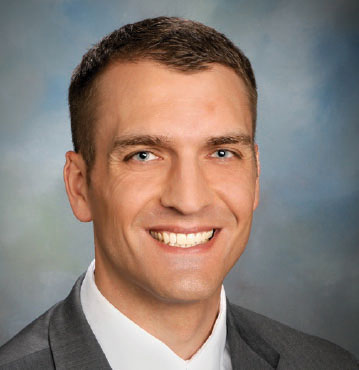
Daniel Abenroth, MD, is a vascular neurologist and neurohospitalist who serves as the Clinic Director of the St. Luke’s Health System Stroke Program (Boise, ID). He completed his undergraduate studies at Brigham Young University, medical education at Michigan State University, Adult Neurology residency at the University of Utah, and Vascular Neurology fellowship at Medical University of South Carolina.
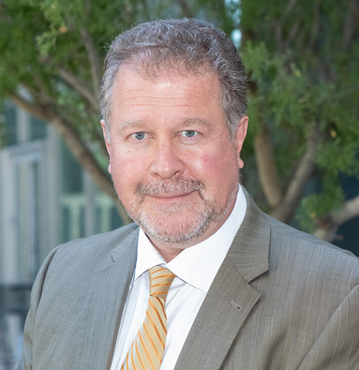
Andrei Alexandrov, MD, RVT, NVS, completed his fellowship training in stroke and cerebrovascular ultrasound at the University of Toronto and at the University of Texas. He published 338 original papers, 3 textbooks, 16 case reports, 167 review articles, editorials, invited publications, and book chapters & over 350 abstracts presented at major scientific meetings and published in refereed journals.
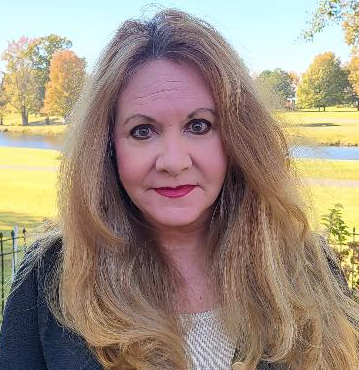
Anne Alexandrov, PhD, AGACNP-BC, ANVP-BC, FAAN, is a professor of both nursing and neurology as well as the mobile stroke unit chief nurse practitioner at the University of Tennessee Health Science Center in Memphis.
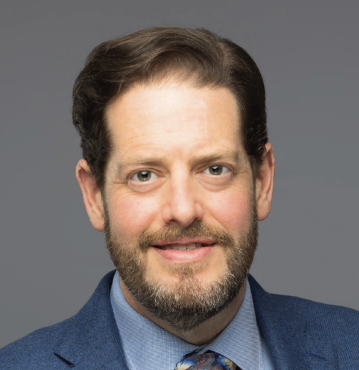
Adam Arthur, MD, MPH, attended college and medical school at the University of Virginia. During that time he joined the University of Virginia’s Department of Neurosurgery and conducted research on aneurysms and cerebral vasospasm.
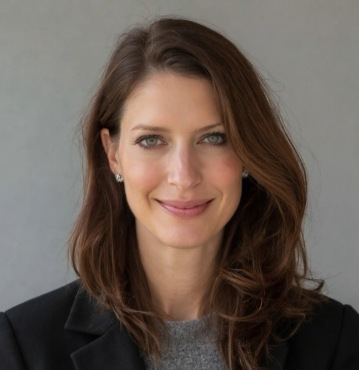
Nicole Bongers, Bongers is a senior medical device executive with more than 25 years of experience leading innovation across the full product lifecycle, from early development through global commercialization. She is recognized for building high-performing teams, advancing novel technologies, securing FDA and international approvals, and establishing scalable, compliant quality systems for Class I, II, and III medical devices.
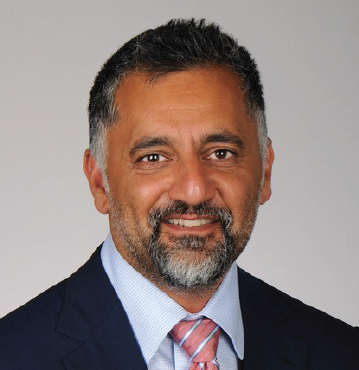
Imran Chaudry, MD, MBBS, is a neurointerventional radiologist who completed his radiology residency at the Mercy Hospital of Pittsburgh, a Neuroradiology fellowship at the University of Wisconsin, and his Neurointerventional radiology fellowship at the University of Wisconsin and at the Medical University of South Carolina, Charleston. Dr. Chaudry was the fellowship director at MUSC. He is currently a Professor at the Medical University of South Carolina (Greenville, SC) and serves as program and fellowship director at Prisma Health Greenville, SC.
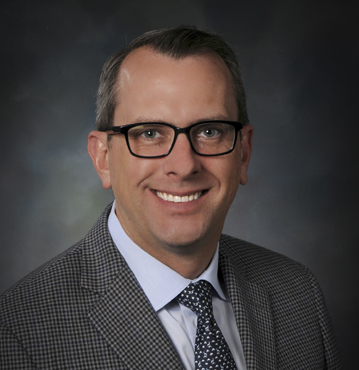
Edward Duckworth, MD, MS, FAANS, is an intracranial-focused neurosurgeon specializing in the treatment of complex cranial disorders, including the surgical treatment of hemorrhagic and ischemic stroke. He is system director of neurosurgery for St. Luke’s and a voluntary clinical professor at UC San Diego.
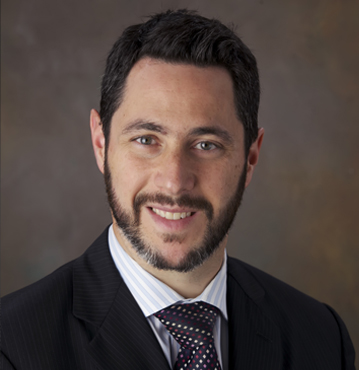
Lucas Elijovich, MD, FAHA, earned his bachelor’s degree in biology from Tufts University and his medical degree from the University of Texas at Galveston. He completed his neurology residency at New York University, where he served as chief resident.
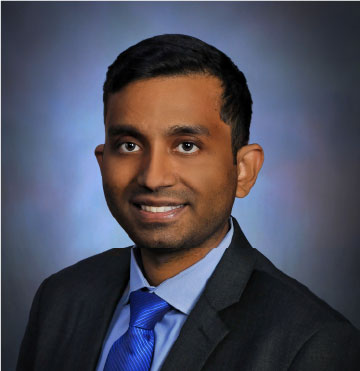
Raja Godasi, MD, is a vascular neurologist and a member of the St. Luke’s Neurohospitalist team. He completed medical school in India, followed by a neurology residency at SUNY Upstate Medical University in Syracuse, New York, and a vascular neurology fellowship at Mayo Clinic Florida in Jacksonville. He is board certified in neurology and vascular neurology. His clinical interests include inpatient general neurology, vascular neurology, and neurosonology.
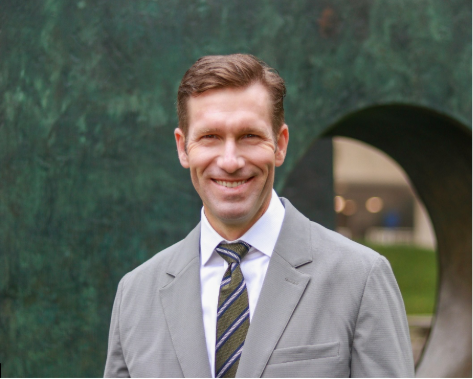
Stephen Graepel, MA, is the dedicated illustrator for Mayo Clinic Neurosurgery, developing images for publication, presentation and grant applications. A 1995 graduate of the Johns Hopkins University School of Medicine, he earned a Master of Arts in Medical and Biological Illustration. Holding joint assistant professor in Biomedical Communications and Neurosurgery, beyond his illustration work, he leads medical illustration elective courses for Mayo Clinic medical students and learners. He takes great pride in the unique privilege to tell stories that haven’t been told before, bring clarity to complex topics, collaborate across disciplines, with high impact visuals that increase patient outcomes.
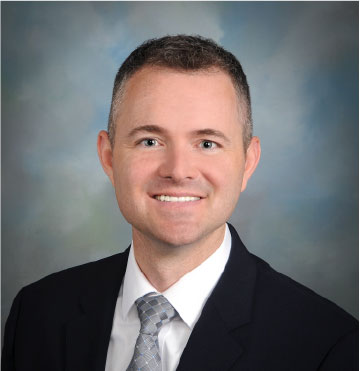
Ray Grams, DO, specializes in the treatment of ischemic and hemorrhagic strokes, transient ischemic attack, cerebral venous thrombosis, and intra- and extra-cranial atherosclerotic disease. His clinical interests include cardioembolic sources of stroke, arterial dissection and other causes of stroke in young people; evaluation for carotid stenting or endarterectomy; and neurosonology. Dr. Grams has been a co-investigator of nine stroke trials and has published and presented original research on the use of perfusion MRI in acute stroke imaging. He was a clinical instructor at the University of Utah and stroke medical director of Dixie Regional Medical Center—Intermountain Healthcare prior to joining St. Luke’s, where he now serves as director of the neurohospitalist program.
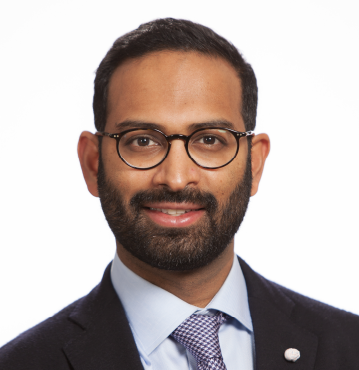
Ramesh Grandhi, MD, is an ABNS certified, dual-trained cerebrovascular neurosurgeon. He has extensive clinical and research experience with patients with cerebrovascular and traumatic pathologies. He currently practices at the University of Utah where he is the Division Chief of Endovascular Neurosurgery and of Neurotrauma.
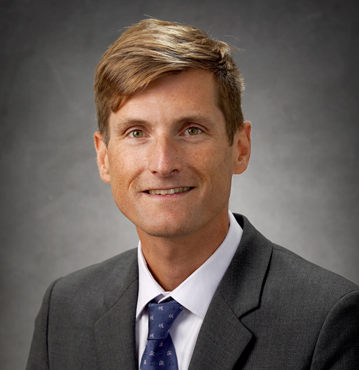
Brian Jankowitz, MD, is a board certified neurosurgeon with a special focus on cerebrovascular surgery. He is CAST (Committee on Advanced Subspeciality Training) accredited in neuroendovascular surgery. Dr. Jankowitz specializes in innovative treatments for ischemic and hemorrhagic stroke including carotid disease, intracranial stenosis, brain aneurysms, arteriovenous malformations (AVMs), and vascular malformations of the spine. He has extensive training in open and endovascular surgical procedures including CEA, TCAR, carotid stenting, aneurysm clipping, aneurysm coiling, and acute stroke interventions.
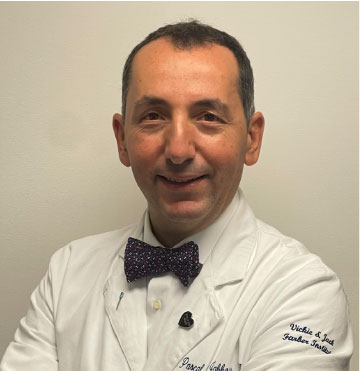
Pascal Jabbour, MD, is the Angela and Richard T. Clark Distinguished Professor of Neurological Surgery and Radiology and the Head of the Division of Neurovascular and Endovascular Neurosurgery in the Department of Neurological Surgery at the Sidney Kimmel Medical College at Thomas Jefferson University. He is a dually trained vascular neurosurgeon , he performs endovascular and open procedures.
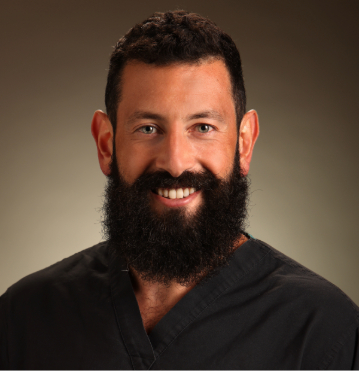
Evan Joyce, MD, MS, is a board-eligible Neurosurgeon at Saint Alphonsus Regional Medical Center in Boise, Idaho where he was recruited to help develop their burgeoning Endovascular program. Originally from Brookfield, Wisconsin, Dr. Joyce studied Biomedical Engineering at the University of Wisconsin-Madison where he also obtained a Masters Degree in Biomedical Engineering-Cellular Scale Engineering.
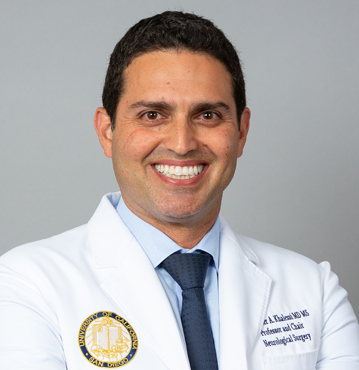
Alexander Khalessi, MD, MBA, serves as Chief Innovation Officer at UC San Diego Health and Interim Assistant Vice Chancellor for Health Sciences Innovation and AI at UC San Diego. In these dual roles, he leads strategy at the intersection of clinical care, digital transformation, artificial intelligence, and translational science. His portfolio includes enterprise innovation strategy, systemwide technology implementation, perioperative and procedural innovation, and capital alignment to position UC San Diego Health for AI integration. He also guides the alignment of academic discovery, clinical translation, and commercialization, and engages industry partners across the region’s biotech ecosystem to advance innovation and applied AI.
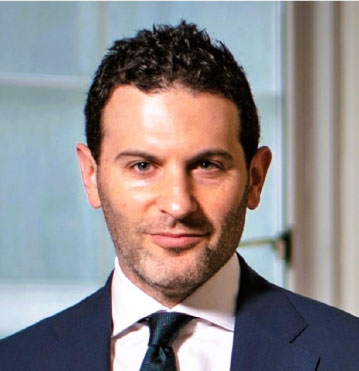
Jared Knopman, MD, is an Associate Professor of Neurological Surgery at Weill Cornell Medical Center, where he serves as Director of Cerebrovascular Surgery and Interventional Neuroradiology, as well as Fellowship Director of Endovascular Neurosurgery.
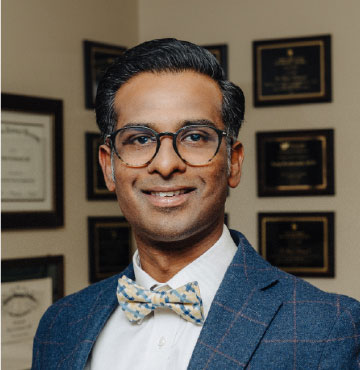
Bala Krishnaiah, MD, is an Associate Professor of Neurology at the University of Tennessee Health Science Center, where he serves as Vice Chair for Education, Division Chief of Vascular Neurology, Residency Program Director, and Neuroscience Course Director. He completed his neurology residency at Penn State and his fellowship training at the University of Tennessee Health Science Center in Memphis, where he joined the faculty.
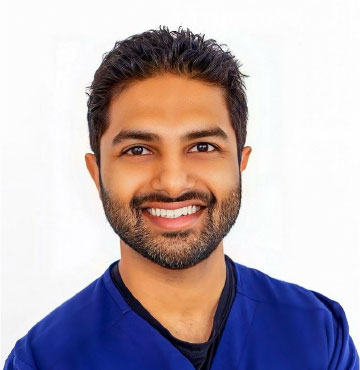
Nikhil Mehta, MD, is a board-certified Neurointerventional Surgeon with Vascular & Interventional Partners in Phoenix, Arizona, specializing in advanced endovascular treatment of complex cerebrovascular disease. Dual-trained in IR and NIR, he focuses on innovative solutions for high-risk and “no-option” cases and is actively involved in education, research, and national presentations. Beyond clinical practice, he is a healthcare entrepreneur and thought leader working to improve access, efficiency, and innovation in medicine.

T.J. Miller, is a comedian. He has been diligently working to make people laugh for over two and a half years because life is tragic and the best thing he can do is make you giggle and perhaps pee. He is famous in Norway. A skilled improviser, no show is ever the same. Let me repeat that- no show you ever see will be the same. Dare you? See them all? His hour-long comedy specials DEAR JONAH (YouTube), METICULOUSLY RIDICULOUS (HBO) and NO REAL REASON (Comedy Central) are available to stream now wherever streaming is streamed. His forthcoming special THE PHILOSOPHY CIRCUS showcases his talents as a clown, a juggler, and terrible ventriloquist.
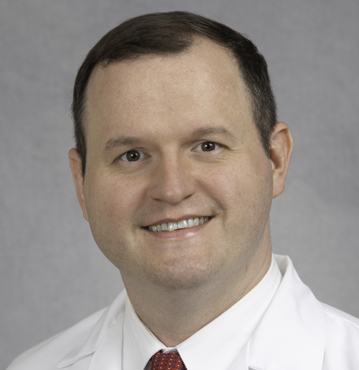
J. Scott Pannell, MD, is the Chief of Endovascular Neurosurgery and the Director of the Endovascular Neurosurgery Fellowship in the Department of Neurological Surgery at UC San Diego Health.
He specializes the minimally invasive transarterial, transvenous, and direct percutaneous approaches to complex cerebral and spinal vascular lesions including carotid cavernous fistulas, dural arteriovenous fistulas, aneurysms, intracranial atherosclerosis, carotid atherosclerosis, and embolic strokes. He also specializes in the minimally invasive treatment of CSF hypotension due to CSF venous fistulas and communicating hydrocephalus due to venous stenosis.
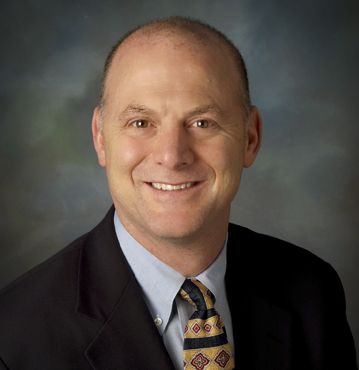
John Perl II, MD, is the director of neurointervention at St. Luke’s and formerly served as its neuroscience medical director. He was instrumental in establishing the stroke program and the endovascular neurosurgical and interventional neuroradiology program for the health system.
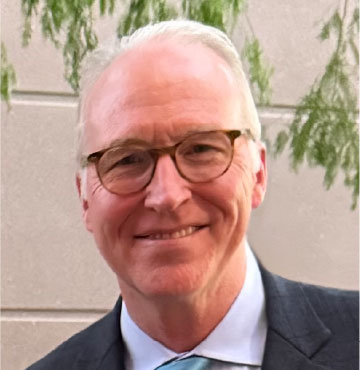
Lee Pride, MD, FACR, is Professor of Radiology and Neurosurgery at the University of Texas Southwestern Medical Center in Dallas (UTSW) where he serves the fellowship director of the Neuroendovascular Surgery fellowship and maintains participation in an active multidisciplinary academic cerebrovascular practice. His research interests include intracranial atherosclerotic disease, stroke, and participation in device trials for cerebrovascular disease.
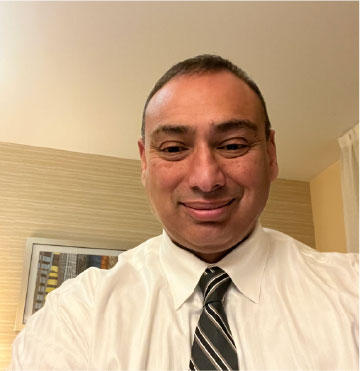
Adnan Qureshi, MD, is a Professor of Neurology and Program Director of the Endovascular Surgical Neuroradiology program at the University of Missouri, Columbia. He brings a unique experience and perspective that would be highly valuable as a member of an advisory committee for clinical trial design. He offers the combined insights of a clinician, trialist, mentor, patient advocate, and educator.
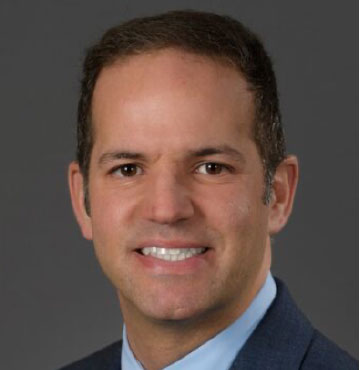
Yafell Serulle, MD, PhD, is Chief of Neuroendovascular Surgery and Director of the Neurointerventional Fellowship Program in the Department of Neurosurgery at Lenox Hill Hospital/Northwell Health in New York City. He is a board-certified interventional neuroradiologist specializing in the endovascular treatment of stroke, intracranial aneurysms, vascular malformations, atherosclerotic disease of the head and neck, and other vascular pathologies of the head, neck and spine.
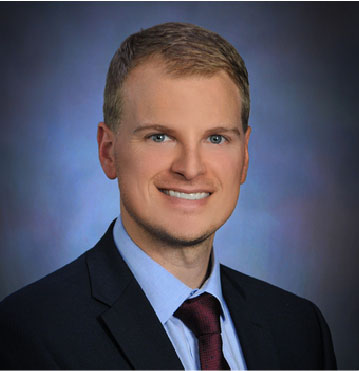
Eric Smith, MD, is a fellowship-trained neurointerventional radiologist with expertise in minimally invasive procedures of the brain, head, neck, and spine. He specializes in both arterial and venous approaches for the treatment of many cerebrovascular disorders including: pulsatile tinnitus, idiopathic intracranial hypertension (IIH), spontaneous intracranial hypotension, cerebrospinal fluid-venous fistulas, dural arteriovenous fistulas (dAVF), arteriovenous malformations (AVM), stroke, brain aneurysms, and other vascular disorders.
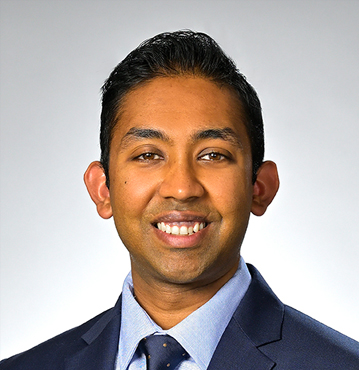
Vivish Srinivasan, MD, is a comprehensive cerebrovascular neurosurgeon, with advanced training in both microsurgical/skull base techniques as well as endovascular techniques to treat cerebrovascular disorders. As director of the Kim Innovation Lab, his group performs translational research studying aneurysm healing, endovascular device development and testing, intravascular imaging, and intra-arterial therapy for tumors.
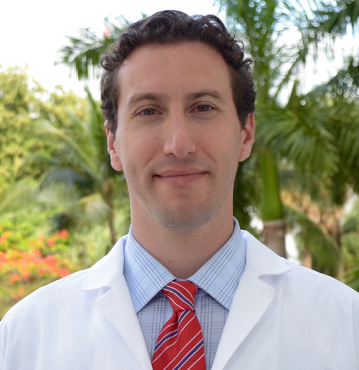
Robert Starke, MD, is a tenured full professor in the departments of Neurological Surgery, Neuroradiology, Neurosciences, Pharmacology, and Radiation Oncology. He has a busy clinical practice performing more than 750 operations each year. He specializes in the treatment of cerebral vascular disease and brain tumors. Dr. Starke is currently a member of the University of Miami MILLER School of Medicine. Previously, he graduated magna cum laude with a B.A. from Princeton University and distinction in neuroscience.

Jeffrey Steinberg, MD, is a neurosurgeon who specializes in vascular diseases of the nervous system. He treats aneurysms, arteriovenous malformations (AVM), dural arteriovenous fistulas (dural AVF), stroke, moyamoya disease, intracranial hemorrhage, carotid disease, cavernous malformations, trigeminal neuralgia, in addition to brain tumors such as meningiomas. He is the chief of cerebrovascular surgery at UCSD.
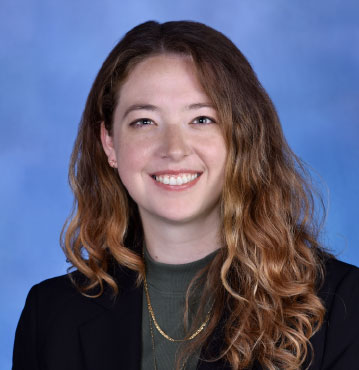
Shannon Tierney, MD, is a board-certified vascular neurologist. She joined the St. Luke’s neurohospitalist group in September 2024 after completing her training at the University of Washington. Her special interests include acute stroke care, strokes in young adults, cerebral amyloid angiopathy, neurosonology, and clinical education.
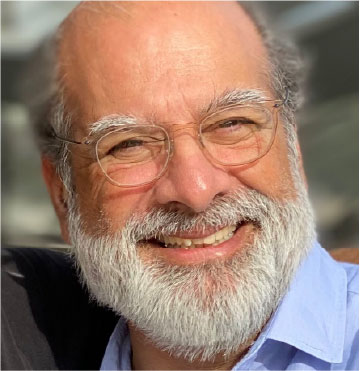
Ajay Wakhloo, MD, PhD, earned both his MD and PhD in endocrinology and metabolic disorders from the University of Mainz, Germany. He completed fellowships in diagnostic and interventional neuroradiology, as well as endovascular neurosurgery, at the University of Freiburg, SUNY Buffalo, and the BNI in Phoenix. In 1995, he was awarded the venia legendi from the University of Tübingen, Germany, for his research and thesis on flow diversion for brain aneurysms.
